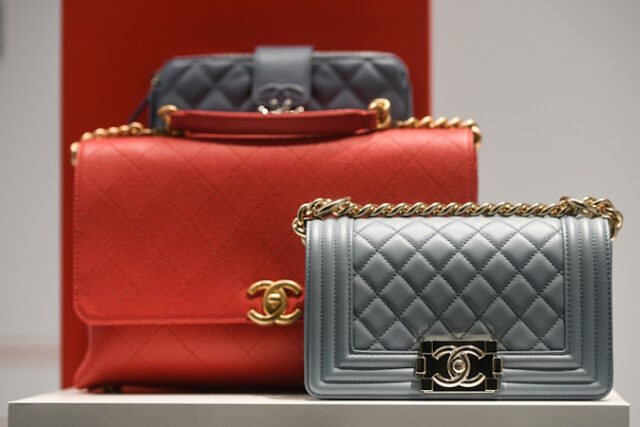
Back in 2018, Chanel sued a luxury fashion reseller called What Goes Around Comes Around (WGACA). The French handbag-and-makeup giant, which will go to distant ends to protect its intellectual property and reputation, didn’t like the means that WGACA was using to drum up interest in its pre-owned wares—Chanel-associated hashtags, old display stands, stuff like that—and made a call to its lawyers.
Nearly six years later, enough paperwork was passed back and forth at the courthouse for the case to go before a jury. On Tuesday (Feb. 6), that jury ruled in Chanel’s favor.
Plus, they’ve given the company a new definition for a fake bag.
The verdict was unanimous for all the questions of the trial, including “Did WGACA act willfully, with reckless disregard, or with willful blindness in its use of the hashtags?” Damages are $4 million. But a number of those questions bring up some real ship-of-Theseus questions about the blurred lines between a “real” purse and a “fake” one.
Bag tags create a legal snag.
Chanel is selling new purses for as much as the market can bear, and WGACA is selling vintage and slightly used purses for less than that but enough to make a profit.
WGACA helps raise the price of its bags by ensuring their authenticity for its customers. “We conduct an extremely detailed research about the counterfeit market and collect data on exactly how they are made to compare to authentic pieces,” a page on the company’s website reads. “Our Authenticators are trained on exactly what details to look for that indicate an item may be counterfeit.”
Disclaimer
Artificial Intelligence Disclosure & Legal Disclaimer
AI Content Policy.
To provide our readers with timely and comprehensive coverage, South Florida Reporter uses artificial intelligence (AI) to assist in producing certain articles and visual content.
Articles: AI may be used to assist in research, structural drafting, or data analysis. All AI-assisted text is reviewed and edited by our team to ensure accuracy and adherence to our editorial standards.
Images: Any imagery generated or significantly altered by AI is clearly marked with a disclaimer or watermark to distinguish it from traditional photography or editorial illustrations.
General Disclaimer
The information contained in South Florida Reporter is for general information purposes only.
South Florida Reporter assumes no responsibility for errors or omissions in the contents of the Service. In no event shall South Florida Reporter be liable for any special, direct, indirect, consequential, or incidental damages or any damages whatsoever, whether in an action of contract, negligence or other tort, arising out of or in connection with the use of the Service or the contents of the Service.
The Company reserves the right to make additions, deletions, or modifications to the contents of the Service at any time without prior notice. The Company does not warrant that the Service is free of viruses or other harmful components.












